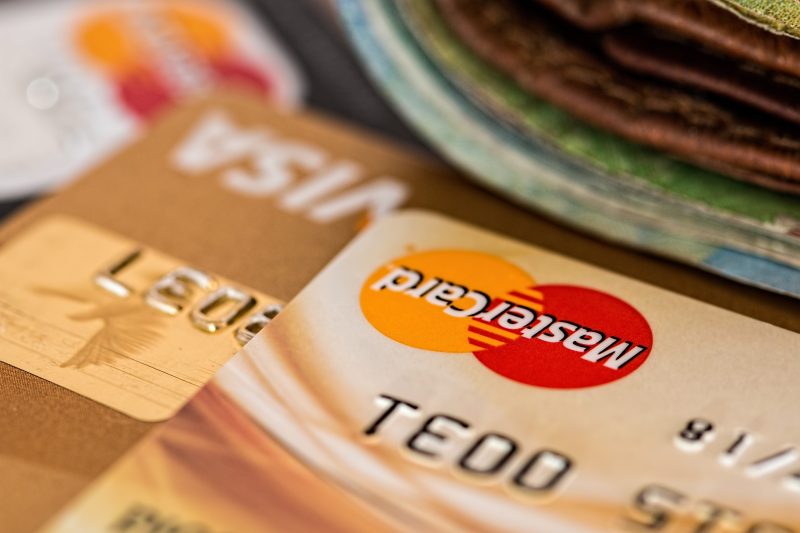Banks are constantly reminding us to carefully store credit card information, don`t disclose it, etc. But still, a lot of people become fraudsters’ victims, even knowing all the `safety` rules. Why it comes like that? Payment methods and technologies are evolving and fraudsters are trying to be one step ahead of users. In this article, we will share with you a few key traps that fraudsters could get you in. So please read carefully and share with your friends.
We all are users of different social networks. Usually, the most frequently used feature is messengers. We are communicating with each other without even calling but just texting.
And here `identity thief` came into play. It is quite a simple type of fraud when fraudsters take control of your social media profile and start using your contact list in messengers to ask to borrow money. This tool is also used in combination with `social engineering` – when fraudsters text or call people on behalf of their Banks for so-called client verification. During this `verification` they can receive your credit card data – card number, PIN, CVV2 but also could try to use your card and receive a verification code over the call. So please – be careful – Bank would never do such calls and ask for such information.
The second tool is more complicated – it is related to your SIM card duplication. Once fraudsters could have control over your SIM card – they can receive all SMS with authorization codes and set up/duplicate your Mobile bank app and all your financial accounts and transfer money from them in a very short time. So, if you experience any trouble with your SIM card – be careful, and check immediately with your mobile operator. Also, set the PIN on your SIM, register yourself with mobile operator, and switch off the option of remote SIM replacement. But the best you can do – is to keep your financial number separate from the one that you are using every day. Separate these two.
Most of the fraud cases happened in the so-called Card-not-present environment (e-commerce). I`ll give you a real-life example that happened recently with a person who wanted to book an apartment for a short-term stay for his vacation in Dubai, let`s call him Alex. Are you probably asking me – what could go wrong here? Listen to it. He went to a local website where all people are selling and buying goods and services, well known as a place where you can find whatever you need. He was checking for short-term rent and found one that looks good, the price was more than fair. He texted the owner and agreed to book this apartment, but since Alex doesn’t have any local payment options, the apartment owner suggested sharing the personalized payment link to another well-known website where this apartment was also posted. Alex received the link, and open it – yes, it was a normal link to that well-known site for short rent, pressed the `book now button to complete payment, gateway page opened but strangely the name of the gateway payment page contains words like cryptotopup… so it was a masked link to a crypto wallet top-up, pure fraud.
How to protect yourself? Do not use web pages that you are not 100% confident to enter your card credentials, always check the name of the merchant, and don’t be lazy to check this one in google for feedback. Always use verified and secure merchants even for such transactions as hotel booking.
Be smart, stay safe with Finsmarta!
